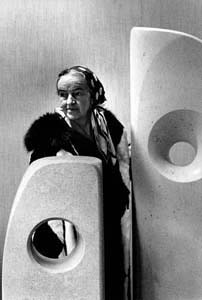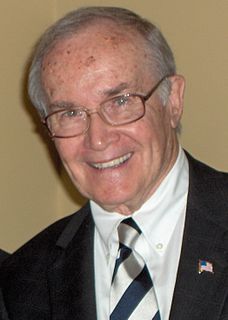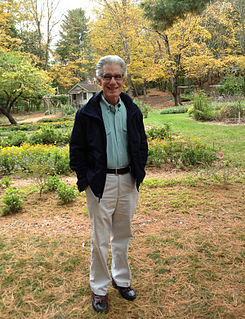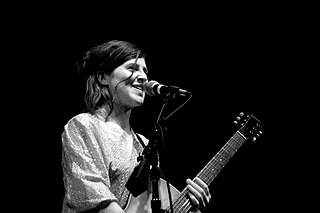A Quote by Barbara Hepworth
[My works are] an imitation of my own past and present and of my own creative vitality as I experience them in one particular instant of my emotional and imaginative life. . .
Related Quotes
Through our own creative experience we came to know that the real tradition in art is not housed only in museums and art galleries and in great works of art; it is innate in us and can be galvanized into activity by the power of creative endeavour in our own day, and in our own country, by our own creative individuals in the arts.
A lot of people ask, "What do you pull on in your own life from your character?" In all honesty, it's not something that really works that way for me. I tend to look at these things as an imaginative process and a challenge of imagination and empathy, to some degree. I get much more out of meeting people who have lived these lives than I do digging around in my own limited experiences.
A perfect practice of Christianity would, of course, consist in a perfect imitation of the life of Christ -- I mean, in so far as it was applicable in one's own particular circumstance. Not in an idiotic sense -- it doesn't mean that every Christian should grow a beard, or be a bachelor, or become a travelling preacher. It means that every single act and feeling, every experience, whether pleasant or unpleasant, must be referred to God.
We learn in the past, but we are not the result of that. We suffered in the past, loved in the past, cried and laughed in the past, but that's of no use to the present. The present has its challenges, its good and bad side. We can neither blame nor be grateful to the past for what is happening now. Each new experience of love has nothing whatsoever to do with past experiences. It's always new.
In reality, there is a single integral community of the Earth that includes all its component members whether human or other than human. In this community every being has its own role to fulfill, its own dignity, its own inner spontaneity. Every being has its own voice. Every being declares itself to the entire universe. Every being enters into communion with other beings.
In every phase of our imaginative, aesthetic, and emotional lives we are profoundly dependent on this larger context of the surrounding world.
One of the unfortunate consequences of the intellectualization of man's spiritual life was that the word "spirit" was lost and replaced by mind or intellect, and that the element of vitality which is present in "spirit" was separated and interpreted as an independent biological force. Man was divided into a bloodless intellect and a meaningless vitality. The middle ground between them, the spiritual soul, in which vitality and intentionality are united, was dropped.







































